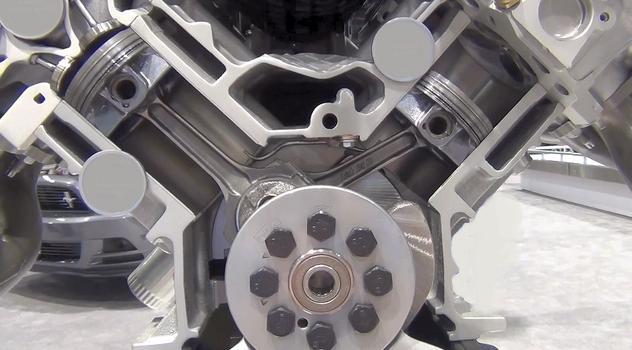You're about to take on a pretty big job that you haven't convinced me is necessary. First of all, there are so many different antifreeze formulations today and your first mechanic is aware of that. The differences have to do with the additives that protect specific metal alloys used in your engine. To address all the confusion, some manufacturers have developed a universal antifreeze that can safely replace a number of original formulations. Prestone has one of those, so it is very likely there was no problem leaving it in there. Those can even be mixed with many original equipment antifreezes. In addition, there is a red antifreeze that most mechanics want to get gone and never use again. That's the Dex-Cool used in most GM cars. When the Prestone was put in your system, you likely got exactly what your engine needed, plus some additives to protect metals that your engine doesn't have.
To drain all the coolant out, there is at least one drain plug on the side of the engine block. We never bother with those because customers are more concerned with time and labor dollars. You can fiddle with that on your own time, but we would get fired for wasting our customers' time with that. Instead, we just run water through the system from a garden hose to flush all the debris out. You were waiting for something to drain that was never going to come out through the radiator petcock or by removing the lower hose. The little dripping you were getting was from the coolant slowly running down from higher up in the engine, and after waiting all day, there was still about two gallons in the engine.
Because we're left with straight water in the block when we're done with the flush, we add straight antifreeze. We never use the 50/50 mix with which you're paying for half water. Your system should take about two gallons of new antifreeze to go with the two gallons of water stuck in the engine. Once the radiator is filled, you may need to burp the air out of the system that pools under the thermostat. Some thermostats have a tiny bleed hole to do that, but for those that don't, failure to bleed the system manually is a common cause of overheating and a warped and leaking cylinder head. That air prevents the thermostat from opening because they have to be hit with hot liquid. Hot air won't do it. If there is no bleeder screw on the thermostat housing, you have to remove a temperature sensor or some other threaded plug in that area. As the air comes out, the level in the radiator will go down. To know if manual bleeding is necessary, pay close attention when the engine warms up. If the coolant starts to flow through the radiator, and the upper hose gets hot, that's all you need. If nothing is flowing, you'll need to burp the system, then add more antifreeze right away when the level goes down in the radiator.
Once the radiator is full, warm the engine up so the coolant will circulate and mix thoroughly, then test the freeze point. The best you can do is around minus 50 degrees Fahrenheit, but minus 35 degrees is better. Your freeze point will tell you if you have to add more antifreeze or more water, and that can be added to the reservoir. That will take a few warm-up / cool-down cycles to mix, so don't recheck the freeze point for a few days.
What makes you think you have a leaking head gasket or cracked head? I suspect you didn't understand what the second mechanic said about coolant inside the block. Where exactly do you want it to be if not in the block? In rare cases coolant can leak through the head gasket into the engine oil, in which case you'd see the oil level rise way too high, but it's more common to leak into a cylinder, then get burned and go out the tail pipe as a thick white smoke. There's a quick chemical test that can be done at the radiator to check for a cylinder head gasket leaking between the cylinder and the cooling system. If that turns up showing no leak, leave the head and gasket alone.
Wednesday, August 5th, 2015 AT 8:14 PM



